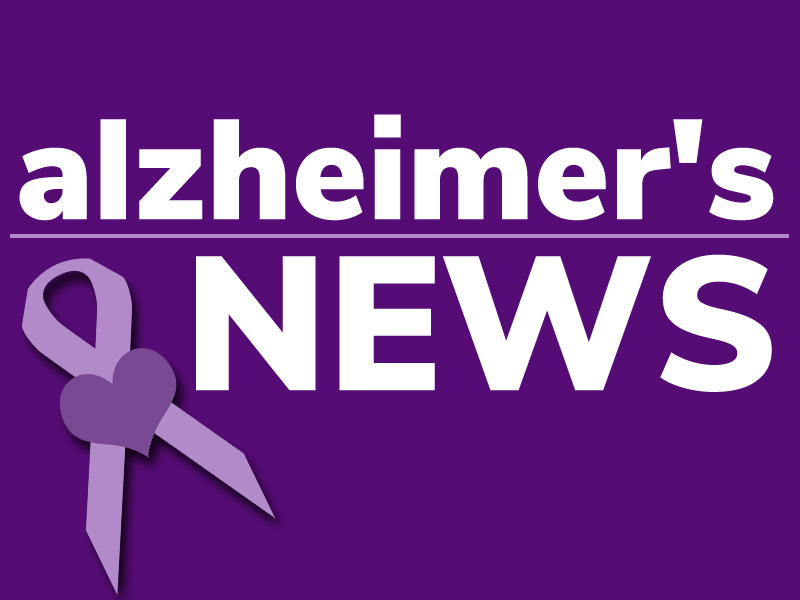
Alzheimer’s News
Depression and Caregiving
October is National Depression and Mental Health Screening Month and awareness of these issues has never been more important. A recent article published by Time Magazine revealed that “three times as many Americans met criteria for a depression diagnosis during the pandemic than before it…”
Researchers have found that a person who provides care for someone with dementia is twice as likely to suffer from depression as a person providing care for someone without dementia. Caregiving is hard — and can lead to feelings of stress, guilt, anger, sadness, isolation — and depression. Depression affects different people in different ways and at different times. For example, someone may experience depression right after their family member has been diagnosed with Alzheimer’s. Other caregivers may experience it as Alzheimer’s progresses and the cognitive abilities of the person with Alzheimer’s diminish.
Depression can be effectively treated. And the earlier treatment begins, the earlier you’ll feel better. Treatment commonly involves a combination of medication, therapy and support. If you are concerned that you might be depressed, see your doctor as soon as possible.
In addition to seeking help from a professional, you can take steps to help yourself.
• Let family and friends help you.
Take others up on offers to help and ask for help when you need it
• Seek out caregiver support.
Consider respite services, a local caregiver support group or our online community. Building a support network can keep you from feeling isolated.
• Try journaling.
Expressing your emotions (both negative and positive) in a journal may boost your mood.
• Learn ways to relax and manage stress.
Try meditation or yoga to help reduce caregiver stress.
• Take time for yourself.
Participate in activities that you enjoy.
Post Date: October 6, 2020
